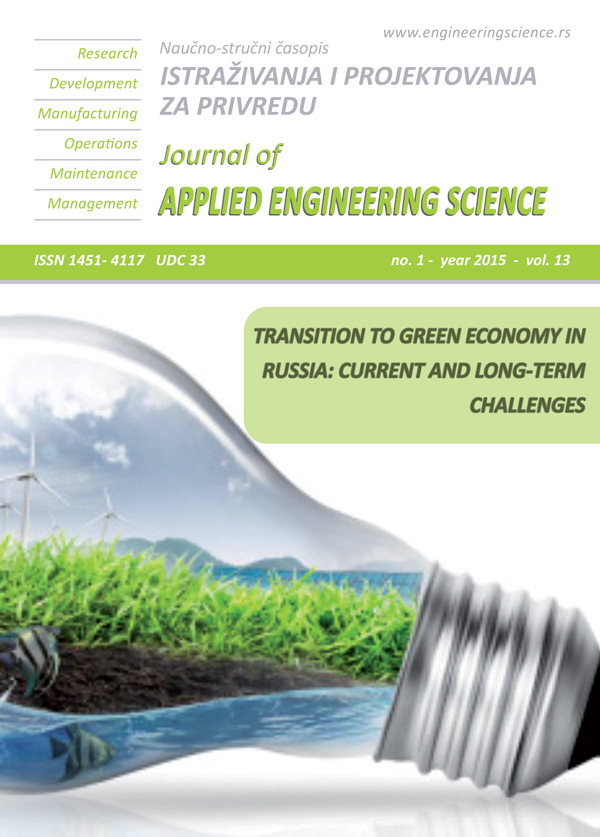AN OVERVIEW ON EMERGING WATER SCARCITY IN PAKISTAN, ITS CAUSES, IMPACTS AND REMEDIAL MEASURES
Abstract
Apparently with two thirds of the earth's surface covered by water, it is evidently clear that water is one of the most important elements responsible for life on earth. It is not only vital for sustenance of life, but equally essential for socio-economic development. Water is the unique gift of God and the basic requirement of life. Due to the high indulgence and exploitation of human being with nature, the global environment is changing every day. As a result the water resources are depleting gradually. The global fresh water shortage and food security issues related to the teeming billions of population necessitated the shifting of fresh water from agriculture to other more pressing uses. The country is facing the worst ever crises of water shortage for last many years, as water available for any given use has become increasingly scarce. The rapidly growing population, expanding of irrigation areas, and growing urban & Industrialization are putting more stresses on water resources. Therefore, building of more reservoirs and an effective management strategy are the needs of time. The problem of water shortage particular in Sindh is crucial as being the end user and lower riparian on the Indus basin irrigation system.

